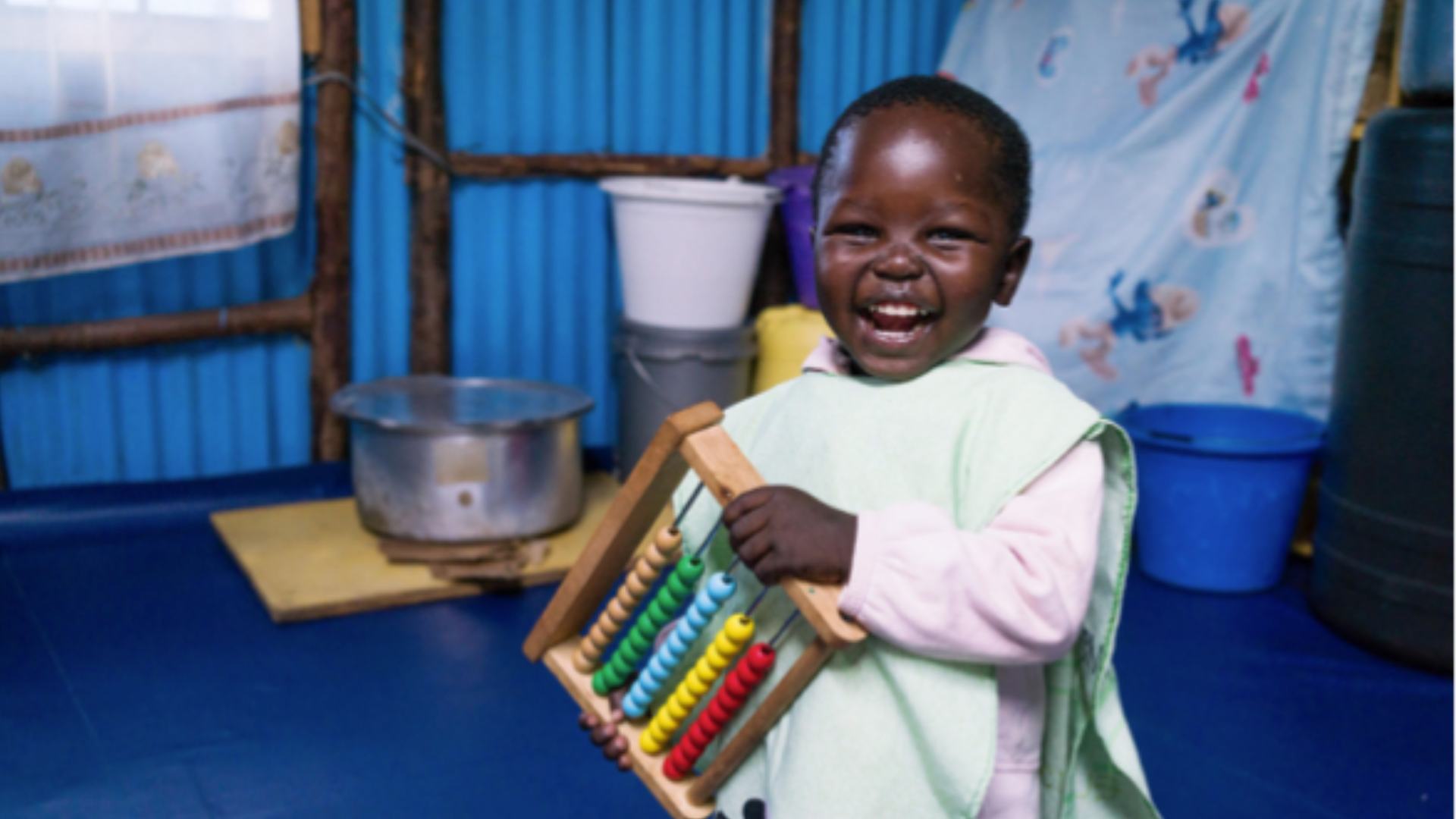Business and the Early Childhood Education Crisis

While 90 percent of brain development takes place between ages 0 to 5, 150 million children in rich and poor countries across the globe do not have access to early childhood education (ECE). A new report from Theirworld, “Leaving the youngest behind: Declining aid to early childhood education,” shows that governments and international agencies are failing the most marginalized when it comes to investing in the youngest children.
After pledging to deliver on the United Nations Sustainable Development Goals, the international community – as shown by the report – has decreased its funding and prioritization of early childhood education, now standing at just $0.26 per child per year in the poorest countries.
And business should take notice.
Strong early childhood education leads to improved growth, better health outcomes, and stronger communities. All important for families of employees as well as the communities where businesses operate.
Moreover, employers project that the future of work brought on by the fourth industrial revolution requires foundational and skills such as include creativity, complex problem solving, relationship building, communication, emotional intelligence, and critical thinking – the foundation of which is developed during the early years. Many of the skills young people will need to participate in the future of work are developed during this crucial period before the age of 5 when 90% of brain development takes place.
Some of the highlights that stand out in the report:
- Between 2015 and 2017, aid spent on early childhood education fell by 27%: A lack of pre-primary education means millions are being left behind, unprepared for school, participation in society, and the future workforce. It isn’t just bad for the economy but detrimental for the overall health and well-being of communities.
- The youngest children in the most vulnerable situations are even more neglected. While one-half of the pre-primary school-aged population live in conflict-affected states, they receive less than one-third of early childhood education spending.
- Investing in the early years yields high returns: In a study that looked at early childhood education in Sub-Saharan Africa, it was estimated that for every dollar spent towards tripling pre-primary education enrolment, there would be a $33 return on investment.
- There is a stark divide between children in the richest nations and those in low-income countries, with more than 80 per cent of children in high-income countries attending pre-primary education, and more than 80 per cent of those in low-income countries denied access.
There are many ways the business community can support early childhood education and make it part of core business and social responsibility efforts.
The problem is clear: investment in ECE is decreasing while millions of children are being left behind. It is in the interest of the business community to support the early childhood education and there are clear ways business can serve as champions and advocates to ensure the littlest members of society become a priority in communities everywhere.
To read Theirworld’s report, follow the link here.
The Global Business Coalition for Education is an initiative of Theirworld.
